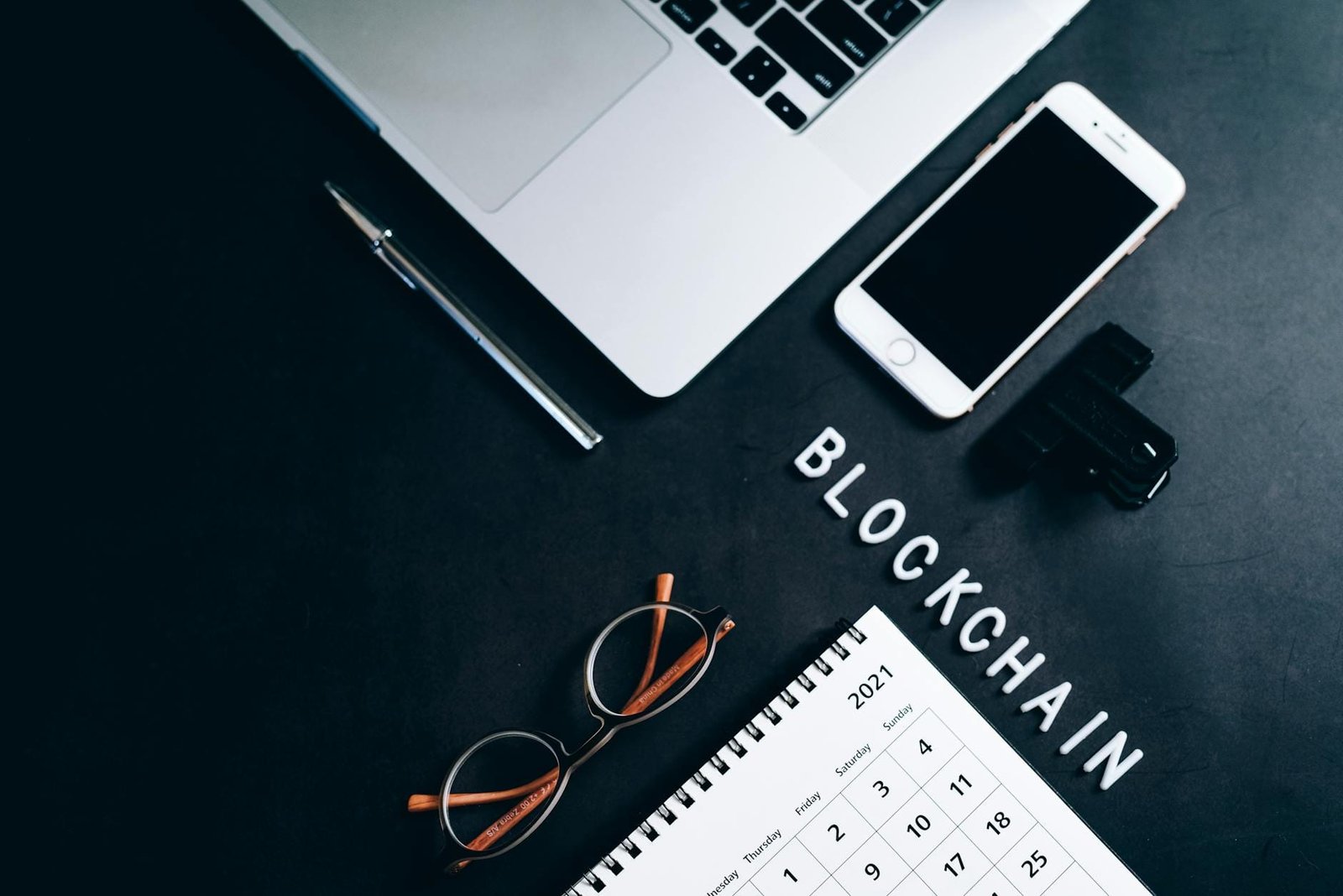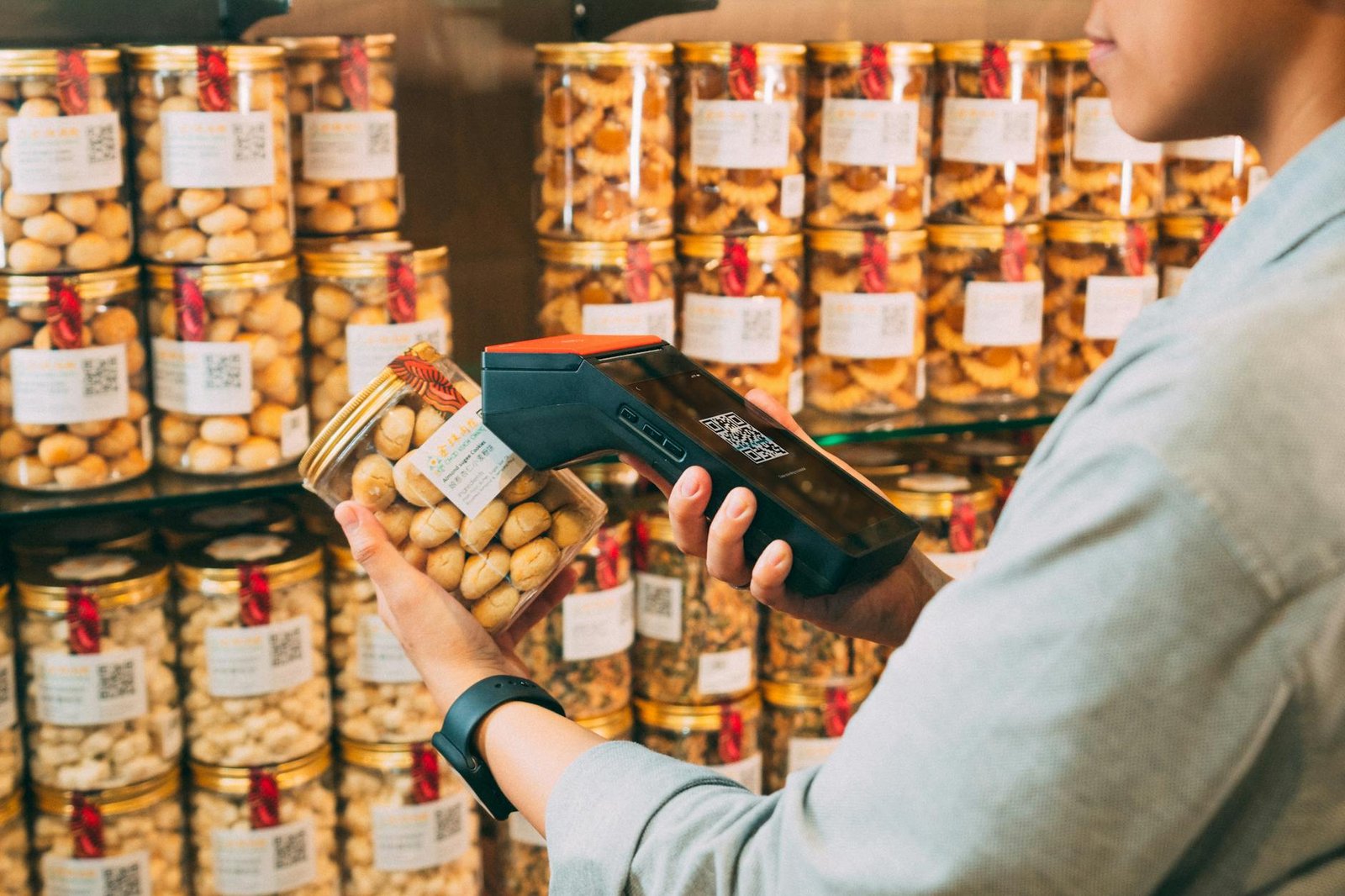In 2025, as technology weaves itself more intricately into our lives, keeping your digital space tidy is non-negotiable. The surge in information and tech tools means we must get creative with organization strategies. Think of juggling work, social life, and hobbies—all on digital platforms. The best ways to manage this influx? Embrace AI-driven apps and automation that streamline tasks without breaking a sweat. You’ll navigate your days with ease and keep digital clutter at bay.
Understanding the Future of Digital Organization
As we inch closer to 2025, it’s clear technology will further entangle itself with our daily routines. The way we organize our digital lives will evolve, leveraging advances in AI and the Internet of Things (IoT). How do these changes affect personal organization? And what do experts say about how we interact with our digital environment? Let’s dive in.
The Evolution of Technology and Its Impact

Photo by Leeloo The First
Technological evolution is relentless. AI isn’t just about robots or smart assistants anymore. By 2025, it’s predicted that 70% of organizations will utilize AI to enhance operational efficiency, reshaping how we organize personal tasks too. AI-driven applications can anticipate our needs, streamline our schedules, and even suggest optimal ways to manage time and documents. With IoT, our homes will communicate with our devices in ways we couldn’t have imagined a decade ago, offering seamless integration of personal, work, and leisure activities. Imagine your fridge alerting you to dwindling groceries while you organize your weekly work tasks—it’s not just convenient, it’s the future of smart living.
Explore these trends for 2025, as experts discuss the profound impact such technologies could have on your digital life.
Expert Insights on Digital Behavior Changes
What does this all mean for our digital habits? According to experts, our behavior is set to transform dramatically. Reports state that the ongoing digital transformation will encourage users to prioritize efficiency by adopting more streamlined digital habits. Surveys suggest that users will increasingly rely on cloud-based solutions to declutter and organize their data more effectively.
Moreover, there is a push towards data privacy, prompting users to become more selective about the platforms they engage with. This change in behavior is projected to result in more personalized digital experiences tailored to individual preferences and routines. Gartner’s insights further highlight how organizations are leveraging AI to flatten their structures by eliminating traditional hierarchical barriers, which will likely influence personal digital organization habits.
Understanding these trends prepares us not only to anticipate changes but to actively shape our digital lives as we approach 2025. As we adapt, the possibilities seem endless, setting the stage for a more cohesive and organized digital existence.
Best Practices for Organizing Your Digital Life in 2025
 Photo by Thirdman
Photo by Thirdman
In 2025, organizing your digital life isn’t just a luxury—it’s a necessity. With tech becoming an even larger part of our daily routine, finding efficient ways to manage digital clutter is crucial. As we become ever more reliant on our devices, these strategies will help maintain order and peace in our lives.
Implementing AI Tools for Efficiency
AI tools are revolutionizing how we organize our digital workspaces. These tools can learn our habits and automate routine tasks. Imagine a digital assistant that not only schedules meetings but also curates your daily to-do list and optimizes your workflow for maximum efficiency. Apps like MagicSlides and Canva are just the tip of the AI iceberg that will reshape productivity.
Utilizing Cloud Solutions for Accessibility
Cloud storage is your friend in 2025. By using services like Google Drive or Dropbox, you ensure that your important files are accessible anytime, anywhere. With rising cybersecurity features, these platforms offer secure and scalable storage solutions. Predictions state that the world will store over 200 zettabytes of data by 2025. So, it’s crucial to embrace cloud storage for its ease and efficiency.
Creating Digital Minimalism Habits
In a world that constantly encourages accumulation, digital minimalism teaches us the value of less. It’s about focusing on essential applications and eliminating digital distractions. Start by decluttering your devices—just like you would declutter a room. Choose tools that directly benefit your routine and cut the rest. For more practical steps, check out Digital Minimalism: How to Simplify Your Online Life in 2025.
Establishing Strong Cybersecurity Practices
In a hyper-connected world, protecting your personal data is paramount. Implementing strong cybersecurity measures like using multi-factor authentication and staying updated on software patches can shield you from breaches. By 2025, trends like Zero Trust architecture are going to be crucial for security, ensuring that your data remains safe.
Leveraging Smart Home Technology
Smart home technology isn’t just about convenience—it’s about integration. With devices that communicate seamlessly with each other, managing your digital life from the comfort of your home becomes easier. Innovations such as smart speakers and automated lighting systems provide control and efficiency, making your home a cornerstone of your digital ecosystem. For insights on future advancements, take a look at Smart Home Automation 2025: The Future of.
By adopting these strategies, your digital life in 2025 can be both organized and secure, allowing you to focus on what truly matters.
The Role of Emerging Platforms in Digital Organization
In the ever-evolving digital landscape, emerging platforms are reshaping how we organize our digital lives. These tools not only streamline our processes but also enhance collaboration and interaction, making them indispensable in 2025.
The Rise of Virtual Collaboration Tools

Photo by MART PRODUCTION
Virtual collaboration tools are becoming the backbone of digital organization. Tools like virtual whiteboards and project management apps have transformed how teams work together. Imagine sitting in different corners of the world yet brainstorming on the same digital canvas effortlessly. Apps such as Miro and Trello are facilitating this new norm, allowing for seamless sharing and updating of information. Virtual collaboration has advanced beyond simple video calls to full-fledged interactive sessions where team members can contribute in real-time, fostering creativity and productivity.
The impact of these innovations is undeniable—they empower teams to adapt swiftly to changes and manage tasks more effectively. With remote work becoming more common, the reliance on such platforms is growing. By 2025, expect these tools to be more intuitive, featuring AI integration that predicts project trajectories and automates routine updates. For more insights, explore 5 Ways Digital Platforms Can Transform Your Business.
Impact of Augmented Reality on Digital Interaction
Augmented Reality (AR) is poised to dramatically alter the way we interact with digital content. AR overlays digital information in the real world, creating an immersive experience. Think about a workspace where digital post-it notes hover in your physical office space, or a recipe that appears over your cooking station, guiding you step by step—this is the future AR is building.
The potential applications of AR are vast. By 2025, it is likely we’ll see an increase in educational tools employing AR to create engaging learning experiences or companies using it for remote training and product demonstrations. These innovations offer not just novelty but practical enhancements to productivity by merging digital and physical realms. To explore more on AR’s transformative potential, check out The Impact of Augmented Reality (AR) on Digital Marketing.
As we approach 2025, understanding and integrating these platforms into our digital routine will be key to maintaining an organized digital life. These tools are not just add-ons but essential components in navigating a tech-driven world.
Staying Ahead in Organizing Your Digital Life
As we move towards 2025, organizing your digital existence becomes even more crucial. It’s not just about cleaning up files or sorting emails; it’s about adapting to new tools and habits that make life easier and more efficient. The changes you adopt today will shape your interactions in the future, helping you stay ahead in a tech-driven world.
Embracing Technological Advances

Photo by iMin Technology
With technology advancing rapidly, staying updated with emerging trends can be your best ally. Artificial Intelligence (AI) tools and the Internet of Things (IoT) are reshaping how we tackle daily tasks. Consider these technologies as the backbone that drives efficiency. By 2025, AI is expected to be integrated into 70% of organizations to boost operational efficacy (source). This isn’t just a statistical surge; it’s a call to embrace tech-driven solutions that simplify life.
Streamlining Daily Routines
Streamlined routines are less about doing more and more about doing better. As tech intertwines with our lives, adopting automation and smart tools can filter out unnecessary noise and focus your energy. Whether it’s automating billing systems or setting reminders with intelligent assistants, these tools remove mundane steps, freeing up your time for more valuable activities. These adjustments are not about complexity but simplicity—integrating changes that effortlessly enhance productivity.
Valuing Digital Minimalism
Digital minimalism is not a trend; it’s a lifestyle choice. The beauty of minimalism in the digital era is finding peace amid endless notifications and updates. It requires cutting out cluttered apps and focusing on essentials that add value. Experts predict a growing tendency toward digital minimalism as people opt for quality over quantity in digital engagement (source). When you clear out digital distractions, you create room for meaningful interactions.
Enhancing Cybersecurity Measures
In 2025, securing your data is a priority. As we rely more on digital solutions, keeping personal information safe is vital. Strong passwords, multi-factor authentication, and updated software are your frontline defenses against breaches. With rising threats, adopting new security protocols is not just about personal safety but about maintaining peace of mind.
Preparing for the Future
The future beckons with opportunities and challenges. The best way to prepare is to stay proactive in organizing your digital life. This means embracing new tools while maintaining a clear understanding of personal goals. The journey is ongoing, and while technology will continue to evolve, the fundamentals of organization—efficiency, simplicity, and security—remain timeless.
For further insights, check out this comprehensive piece on Digital Life in 2025, which explores expert predictions on internet integration in our daily lives, and stay informed on upcoming digital trends that may affect you.


